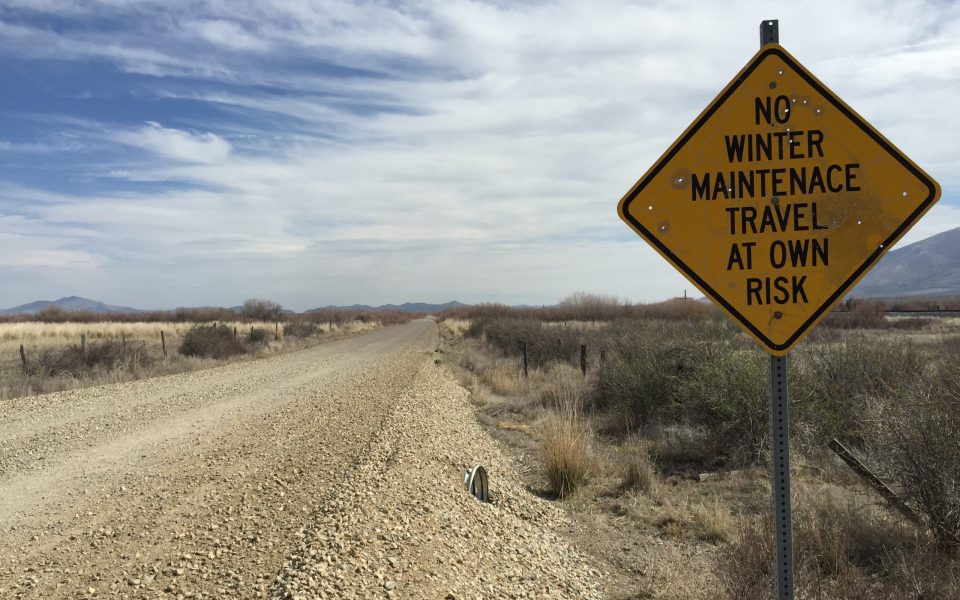On Feb. 25, the fainthearted dogs of the Triad cowered from a brief thunderstorm, a danger they were hoping to dodge for a few more months.
A cold front followed the storm in, returning familiar temperatures to the area for a couple of days. But March 1 should clock in at 80 degrees in the Triad, while the vernal equinox — the Northern Hemisphere’s first day of spring — waits impatiently three weeks away.
The National Centers for Environmental Information have registered record highs at over 4,000 sites in the United States in the month of February. (The same data shows only 27 record lows.)
While it’s hard not to enjoy these early springs, melting ice caps aren’t the only associated dangers. The warmer temperatures may affect the role of insects, potentially accelerating the arrival of harmful disease-carriers and disrupting the beneficial pollinators. Some crops have begun their growing season, now more vulnerable to a late frost or to associated drought conditions this summer. These are only a few examples of the risks of a waning winter.
If such temperature trends continue, it seems our calendar’s inaugural season could join the ranks of Pluto, the “dwarf planet.” The last and loneliest world in our solar system orbits the sun as do the other eight, yet its much smaller size finally led to a requalification. It was demoted in 2006.
Soon, it seems, we’ll have to dwarf one of our seasons as well, shaving off weeks or months from either side of winter. Would winter really count for a fourth of a North Carolina year when the leaves start falling at Christmas, or when folks ring in the new year in the glow of citronella candles?
In Ernest Hemingway’s A Moveable Feast — a memoir of sorts published a few years after his death — he, too, considers the endurance of the seasons, stitching together the weather patterns in Paris with the perception of life, death and meaning following the horror of the first World War.
Hemingway writes: “Sometimes the heavy cold rains would beat [the spring] back so that it would seem that it would never come and that you were losing a season out of your life…. When the cold rains kept on and killed the spring, it was as though a young person had died for no reason. In those days, though, the spring always came finally but it was frightening that it had nearly failed.”
For Hemingway, the near-failure of the spring suggested something unnatural, a looming and final hindrance to life. The idea seems to recall memories of the millions of dead young men filling the trenches in Europe, recollections that must have been devastatingly common at the time.
A hundred years later, the waning of winter doesn’t yet demand a powerful recollection. For now, it still stops by for some length; the Triad saw a wonderful snowfall in early January.
But requalifying winter as a “dwarf season” might be in order down the road, if each year it appears more and more likely that it will never come and that we really are losing a season out of our lives.
Join the First Amendment Society, a membership that goes directly to funding TCB‘s newsroom.
We believe that reporting can save the world.
The TCB First Amendment Society recognizes the vital role of a free, unfettered press with a bundling of local experiences designed to build community, and unique engagements with our newsroom that will help you understand, and shape, local journalism’s critical role in uplifting the people in our cities.
All revenue goes directly into the newsroom as reporters’ salaries and freelance commissions.


Leave a Reply